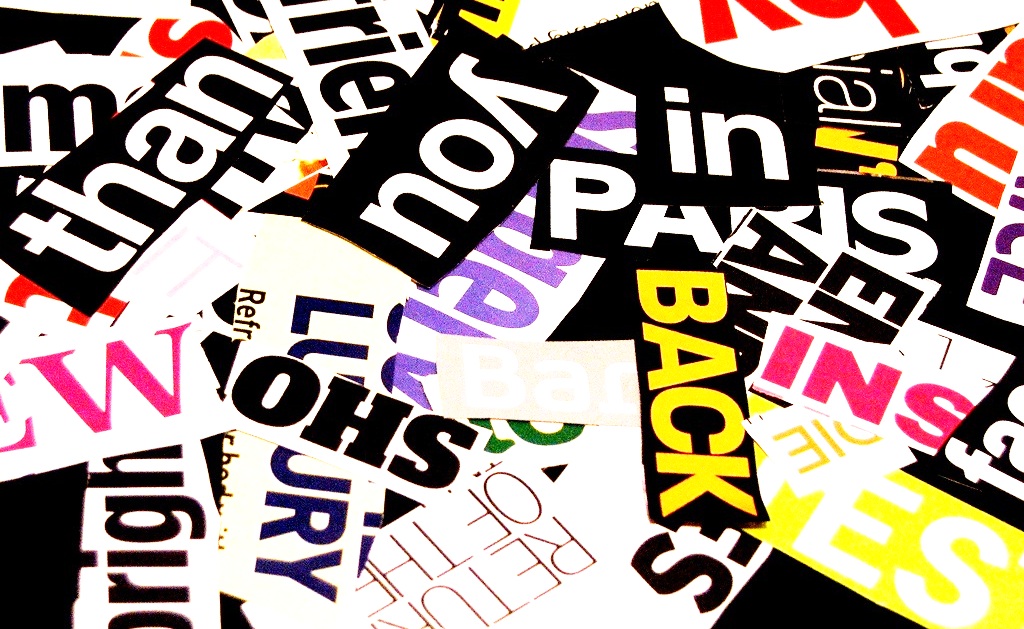
The OED Word Room
A room full of words sounds like a metaphysical improbability but behind the fabled gates and stonewalls which form the headquarters of Oxford University press is such a thing. This room is part of the machinations of the Oxford English Dictionary, a book of near holy significance for any proud Anglophone. This ‘room of words’ has arisen out of the increasing pressure on the dictionary to include only words of the utmost relevance; each new printed edition of the dictionary legitimises not only a whole new vocabulary but a whole new culture of words. In consequence a whole pile of words are must be shelved. The room itself has a fairly ordinary appearance considering its extraordinary function. Stacks of filing cabinets line the walls and in these cabinets are draws filled with small cards each inscribed with their own (as yet) non existent word and meaning. Some of the words on these cards will never be used, but others are merely kept here as they make their precarious way to becoming finally placed in the hallowed pages of the dictionary.
Asphixination: Being sick to death of unanswerable puzzles or riddles.
Blogish: A type of language that uses a large number of initials, usually used on blogs
Espacular: Something especially spectacular.
Freegan: A person who rejects consumerism by eating discarded food; usually from a bin.
Furgle: To feel in your pocket or bag for a small item like a coin.
Griefer: Someone who uses their free time to annoy others online.
Nonversation: a conversation where nothing is really explained or understood, essentially worthless chat.
Peppier: A waiter whose sole job it is to offer diners ground pepper, usually from a pepper mill.
Polkadodge: The dance/action that happens when two people attempt to pass each other but move in the same direction
Precuperate: To prepare for the possibility of being ill.
Scrax: The waxy substance that is scratched off a lottery ticket.
Sprog: Not as fast as a sprint but not as slow as a jog.
Sprummer: When the weather can’t decide if it is Summer or Spring, usually characterised by one hot day followed by a cold.
Wikism: A piece of information that claims to be true but is widely inaccurate
Xenolexia: The confusion that arises in someone when faced with unusual words.
Image: Nina Jean





